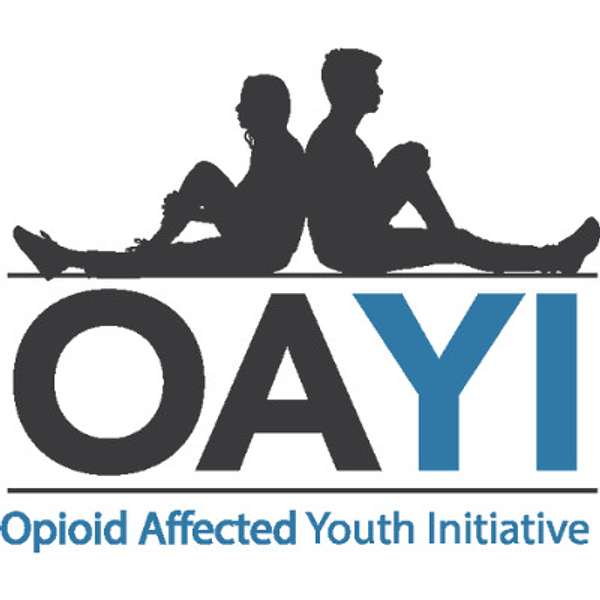
Opioid Affected Youth Initiative: Answering the Call
Answering the Call is a nine-segment podcast series that seeks to examine the roles and perspectives of first responders, marginalized communities, legal systems, and the role of the United States Department of Justice, Office of Juvenile Justice and Delinquency Prevention (OJJDP) in this crisis. The Opioid Affected Youth Initiative (OAYI) supports juvenile and criminal justice systems to address the needs of youth impacted by opioids and reduce juvenile justice and foster care system involvement.This project is supported by Cooperative Agreement #15PJDP-21-GK-03630-JJOP, awarded by the Office of Juvenile Justice and Delinquency Prevention, Office of Justice Programs, U.S. Department of Justice. Disclaimer: The opinions, findings, and conclusions or recommendations expressed in this presentation are those of the author(s) and do not necessarily reflect those of the U.S. Department of Justice.This project is managed by the Institute for Intergovernmental Research (IIR).
Opioid Affected Youth Initiative: Answering the Call
Episode 3: Balancing Act
Use Left/Right to seek, Home/End to jump to start or end. Hold shift to jump forward or backward.
The Opioid Affected Youth Initiative’s nine-segment podcast series, Answering the Call, seeks to examine the roles and perspectives of first responders, marginalized communities, and justice systems, as well as the role of the Office of Juvenile Justice and Delinquency Prevention in the opioid crisis.
In this episode, "Balancing Act", Sergeant Lex Jorge highlights the perspective of law enforcement officers and details the emotional and physical impacts of trying to save people struggling with addiction day in and day out. Because law enforcement officers are uniquely positioned to encounter individuals within the community who use drugs, they serve as important conduits through which appropriate interventions can reach those individuals. Mr. Jorge focuses on how police balance their various roles in their efforts to combat the opioid crisis and discusses the importance of customizing responses to communities impacted by opioid and other substance use disorders while recognizing the special needs of vulnerable communities.